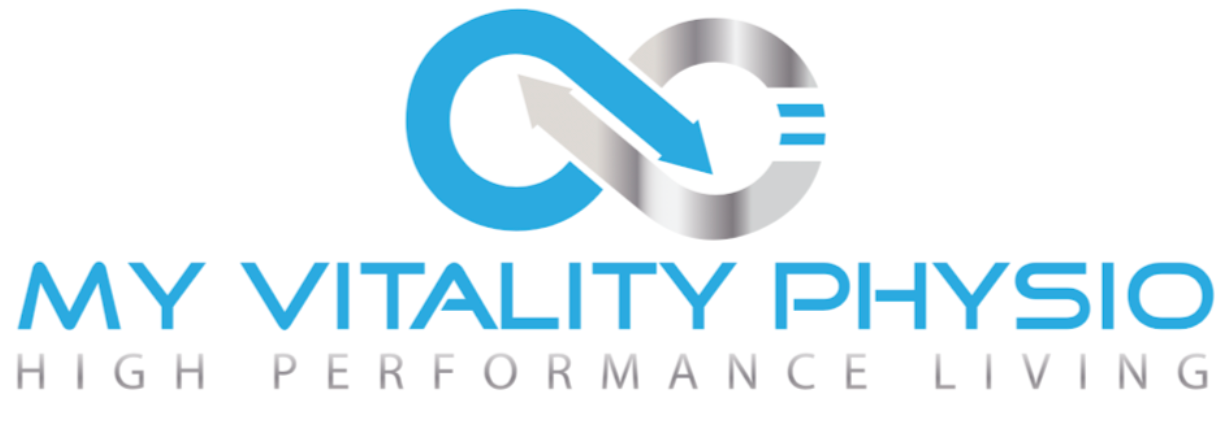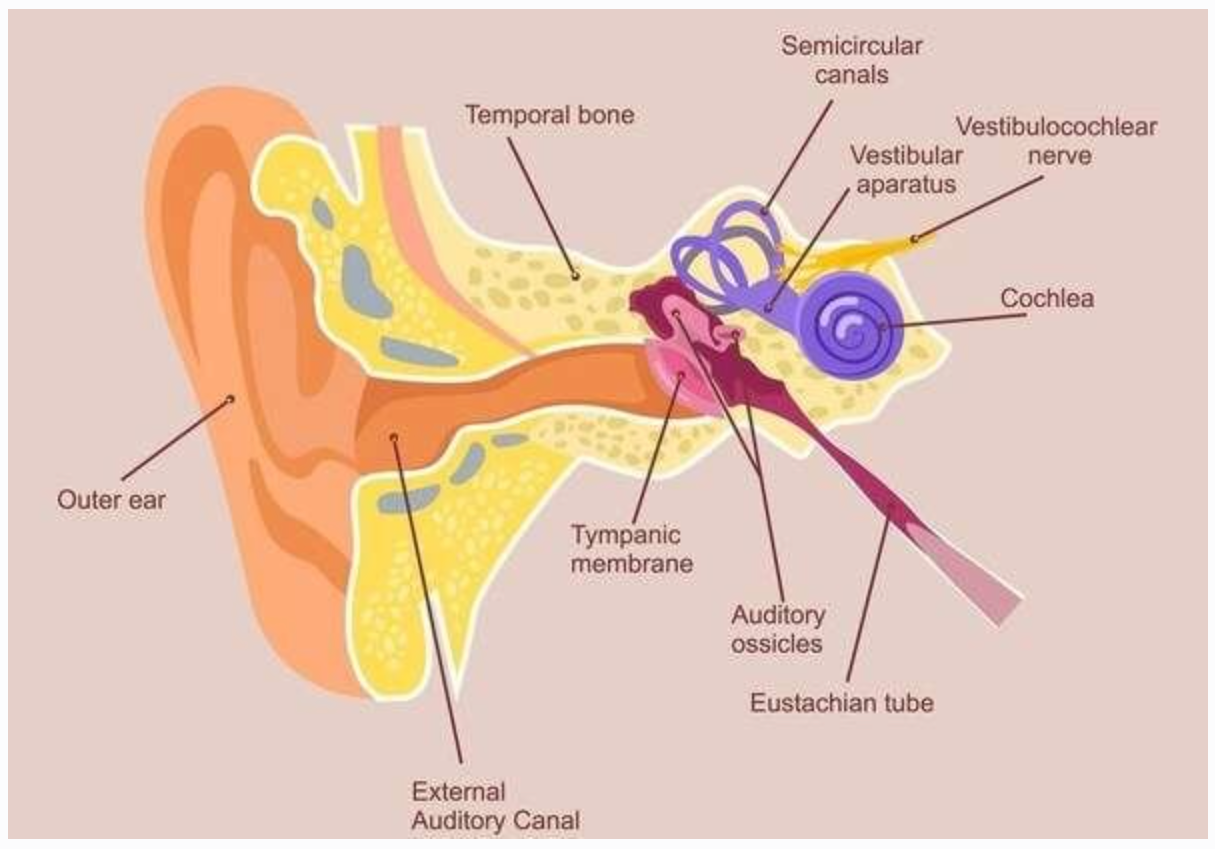
Vestibular Physiotherapy
Are you experiencing dizziness or vertigo? Your vestibular system may be the cause.
Our vestibular physiotherapists have provided immediate relief rate for many.
In-clinic and home visits available to suit your needs.
What is the difference between vertigo and dizziness?
Although vertigo and dizziness are often used interchangeably, dizziness is actually an umbrella term encompassing not just vertigo, but feelings of light-headedness and disorientation. So, vertigo is a form of dizziness, but not all dizziness is necessarily vertigo.
There are two types of vertigo:
Subjective - where you feel as though you are spinning although you are not moving.
Objective - where you feel as though surrounding objects are spinning.
The key thing with both vertigo and dizziness is that they are symptoms, not a disease in itself. What might cause you to feel dizzy?
BPPV (Benign Paroxysmal Positional Vertigo)
BPPV is the most common cause of dizziness, characterised by sudden, severe periods of vertigo when the head is moved. It may also cause nausea and nystagmus (eyes drifting and flicking uncontrollably). These episodes can last up to 30 seconds.
To understand what’s happening during a case of BPPV, it’s important to have an understanding of the vestibular system.
The Vestibular System
This system lies within the inner ear, with the vestibular nerve connecting to the brainstem and cerebellum. It exists to provide us with a sense of balance and spatial orientation by sending signals from the inner ear to the neural structures that control movement and balance mechanisms.
The system detects linear movement through small gelatinous particles called otoliths deep within the ear stimulating hair cells as the head moves. Similarly, rotational movements are detected when the fluid within the semicircular canals stimulate hair cells.
Causes of BPPV
BPPV is caused by dislodged ‘ear rocks’ (otoconia) which disperse throughout the ear canal, this may occur from…
Head or ear injury
Ear infection or surgery
Degeneration of the inner ear
Viral infection of the inner ear (vestibular neuritis)
Meniere’s disease (disorder of the inner ear)
Minor strokes
How is BPPV treated?
The next step is to book in with an MVP Vestibular Physio to determine if the cause of your dizziness is vestibular.
Most cases of vertigo and specifically BPPV can be treated through vertigo exercises performed by a qualified vestibular physiotherapist. 80% of patients will experience some immediate relief from treatment and 90% report feeling better within 3 sessions.
As it is a specialist field, not all physiotherapists are qualified and experienced in vestibular physiotherapy, so it is important that you see the right health professional.
Book a Vestibular Physiotherapy session
If you are interested in booking a Vestibular Physiotherapist, you can book online or call us on (07) 5531 9555.
Alternatively, you can fill out the adjacent form and a member of our team will contact you to book a session at a time that best suits your schedule.
If you fill the form out over the weekend, we will contact you on Monday.


